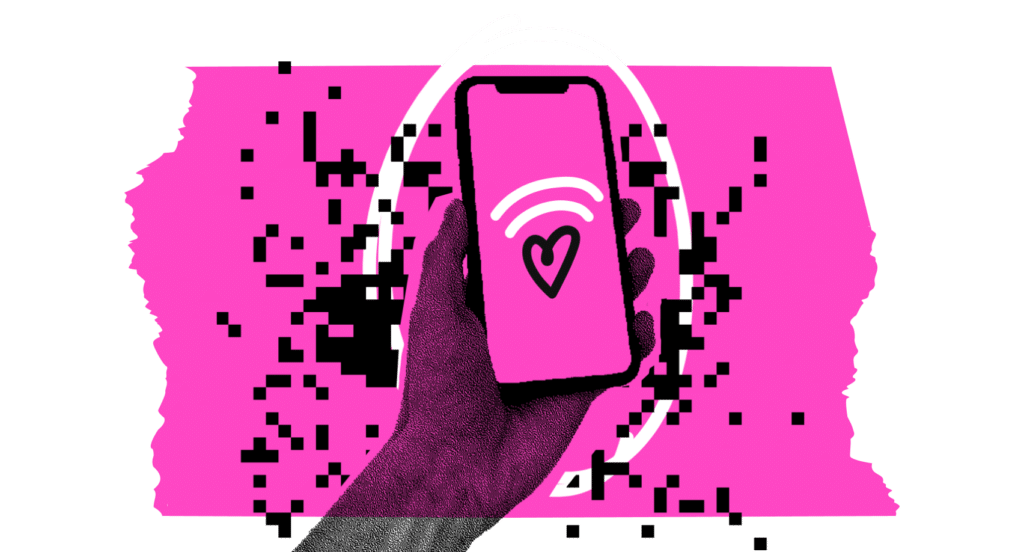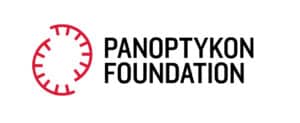Algorithmic plurality: A pro-competitive solution for healthier social media networks
Opening up the content curation marketplace will create opportunities for new entrants, spur innovation and increase consumer choice

Written by ARTICLE 19 and People vs Big Tech with contributions from experts at AI Forensics and Panoptykon Foundation.
What’s the problem?
Social media networks are dominated by a handful of technology corporations. While these platforms offer positive aspects, the harms, such as disinformation, harassment and deterioration of mental health, have become widespread and disturbingly normalised. The control of Meta, X and TikTok over their platforms limits user’s agency and choice. Their corporations determine what is on users’ feeds through their content curation recommender systems.
Big Tech’s concentrated power over leading social networks has the following major and interlinked consequences;
- It stifles innovation and causes difficulties for new entrants in the market to offer alternative services that can grow and scale.
- Without competition, these corporations have very limited market-based incentives to improve the quality of their services. They have been shown to consistently prioritise profits over the wellbeing of users and society as a whole.
- Citizens are kept locked-in to particular platforms and services. Even if a user is dissatisfied, it can be hard to leave a service because of business needs, or to maintain existing personal networks.
- The engagement-driven algorithms used by the major platforms can be exploited by bad actors to get their content amplified to a disproportionately large audience.
While the EU has made significant strides to address these risks through the Digital Services Act (DSA) and the Digital Markets Act (DMA), there is an exciting opportunity to realise their ambition through opening up social media services or “unbundling” and thus achieve “algorithmic plurality”.
What is “unbundling”?
Social media platforms like TikTok, and Meta “bundle” multiple services, such as content curation, illegal content removal, messaging, advertising, and even games or marketplaces.
Unbundling would make it possible for a user to use services from different providers. For instance, when creating a profile on a platform (e.g. Instagram), the user would be asked whether they want Instagram itself or another player to provide the content curation service.
By “content curation service” we mean the algorithm that determines the content the user sees, known as a “recommender system”.
Users could choose a third-party content curation service that suits their preferences, with the platform's default option presented as "opt-in." They could still use other platform features, like messaging, while having their feed curated by their selected provider. BlueSky already offers this flexibility.
Enabling algorithmic plurality (or unbundling) would give people agency over their online experience. It would open up the marketplace for different content curation providers, creating opportunity for new entrants, and stimulating innovation. Moreover, legacy providers, such as Meta, would be incentivised to improve the quality of their services.
How could this work?
It would require social media platforms to interoperate with other service providers, similar to how email works - anyone can email anyone, regardless of the provider. Currently, major social media platforms don’t offer this interoperability, but networks like BlueSky and Mastodon show that scalable alternatives are possible.
Momentum for interoperability and unbundling is growing. The Digital Markets Act has already required gatekeepers providing messenger services to make basic functionalities interoperable with other services. The European Parliament in the Report on Addictive Design of Online Services and Consumer Protection to the Commission to explore opportunities to promote opening up the social network infrastructure so users can access third-party applications.
In December 2023, the European Parliament called on the Commission to explore opportunities to promote opening up the social network infrastructure so users can access third-party applications or add external functionalities. France’s National Digital Council also recommended measures to encourage separating content curation from social network providers. Most recently, the Etats Généraux de l'information report, released on 12th September 2024, endorsed algorithmic plurality.








